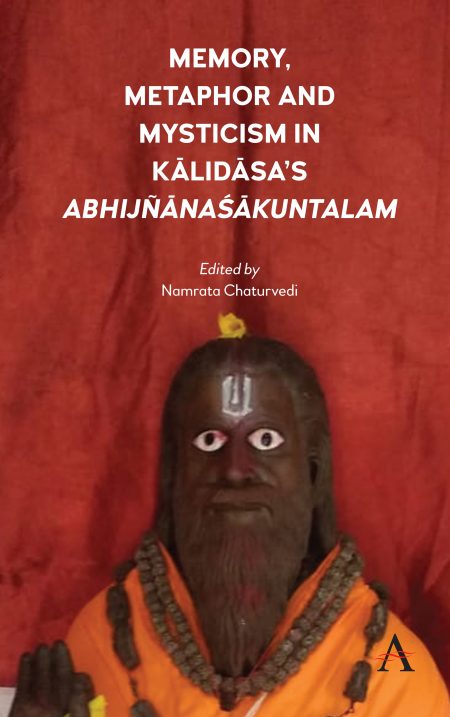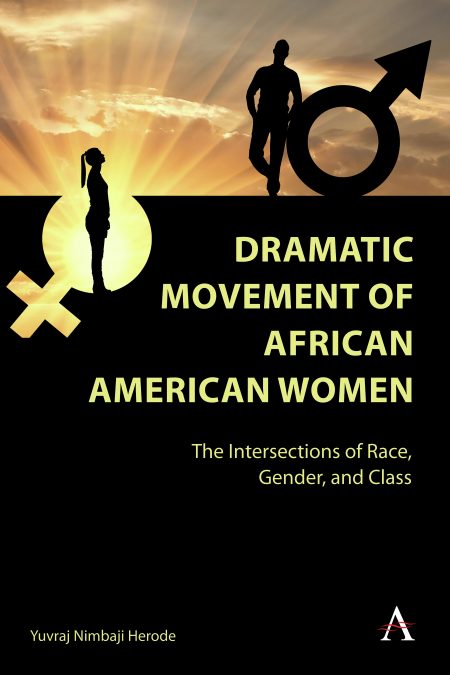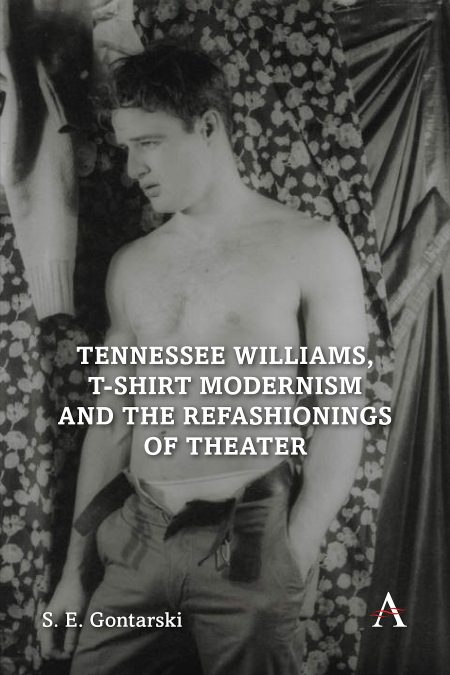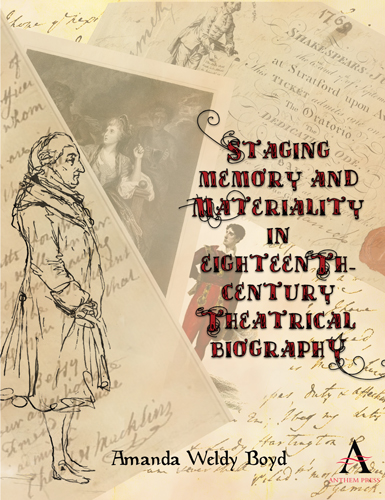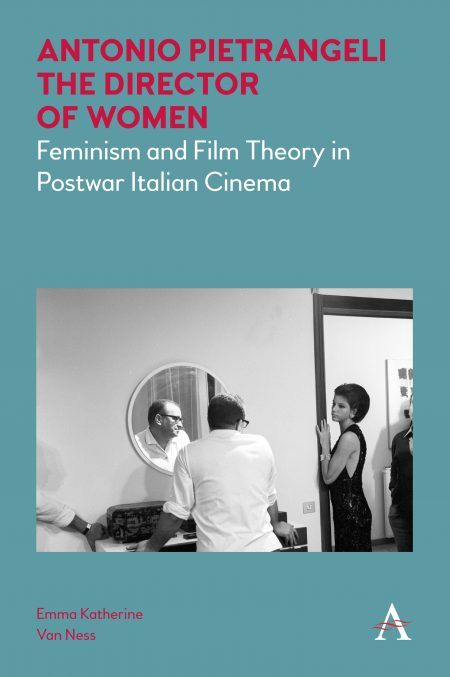Antonio Pietrangeli, The Director of Women
Feminism and Film Theory in Postwar Italian Cinema
Emma Katherine Van Ness
Select Format
Title Details
- ISBN: 9781785273179
- April 2020
- Pages: 270
- Imprint: Anthem Press
Antonio Pietrangeli once stated that “women are the protagonists” of his time, the postwar period in Italy. In a society in upheaval, on the cusp on the sexual revolution which brought both legislative and lifestyle changes for both genders, he posed the question to himself and his collaborators, how do we represent the reality of women in Italy today?
Pietrangeli’s commitment to realism should not come as a surprise since his roots in cinema formed at the Centro Sperimentale, working alongside directors and screenwriters such as Roberto Rossellini, Luchino Visconti, Pier Paolo Pasolini, and Sergio Amidei, to name only a few. In the choral atmosphere of the postwar period in Italian cinema, Pietrangeli’s voice was uniquely feminine.
This volume begs the question, to what degree can we call Pietrangeli a feminist? Is it enough to represent women or should the spectators expect more from a feminist representation of women? Through this examination of his career as a film critic as well as his ten feature films and two shorts, in Antonio Pietrangeli, The Director of Women we will dissect the tension between the male director and the female protagonist to investigate the claim that Pietrangeli was, in fact, a feminist. With varying degrees of success, Pietrangeli shows himself to be an ally to the women he represents on screen.
Dr. Emma Van Ness teaches Italian language, literature, and film at Plymouth State University in Plymouth, New Hampshire.
List of Illustrations; Acknowledgments; Vita; Introduction: Antonio Pietrangeli, A Brief History; Chapter 1: Pietrangelian Film Theory: From Neorealism to Feminism; Chapter 2: Maid from the Margins: Il sole negli occhi; Chapter 3: The Coming of Age of a Teenage Bride: Nata di marzo; Chapter 4: Legally Bound: Political Realism and Prostitution in Adua e le compagne; Chapter 5: Fantasmi a Roma: Sur- Realism and the Time- Image; Chapter 6: The Dora Problem: La parmigiana , Piatti, Pietrangeli and Freud; Chapter 7: Too Much Woman: Marriage, Power, and Excess in La visita; Chapter 8: Breaking Faith: Il magnifi co cornuto , Envy and the Crisis of Vision; Chapter 9: Io la conoscevo bene … Or did I? Antonio Pietrangeli, the Author and the Actress; Conclusion: Antonio Pietrangeli, Feminism and Film Theory; Bibliography; Index.
“Along with Antonioni, the lesser-known Antonio Pietrangeli remains Italy’s pioneering director of female subjectivity. Van Ness gives his entire body of work—a dozen films and seminal writings—an extraordinary assessment back to back with the feminist consciousness of our times. The encounter is nothing less than mesmerizing.” —Thomas Harrison, Professor of Italian, University of California at Los Angeles, USA
Related products
-
Memory, Metaphor and Mysticism in Kalidasa’s AbhijñānaŚākuntalam
Edited by Namrata Chaturvedi
March, 2020
£125.00 / $125.00 -
Art and Theatre as a Community of Practice in Eighteenth-Century France
Mark Ledbury
May, 2025
£110.00 / $110.00 -
Dramatic Movement of African American Women
The Intersections of Race, Gender, and Class
Yuvraj Nimbaji Herode
September, 2022
£110.00 / $110.00 -
Tennessee Williams, T-shirt Modernism and the Refashionings of Theater
S. E. Gontarski
July, 2021
£24.99 / $24.99 -
Staging Memory and Materiality in Eighteenth-Century Theatrical Biography
Amanda Weldy Boyd
December, 2017
£115.00 / $115.00 -


